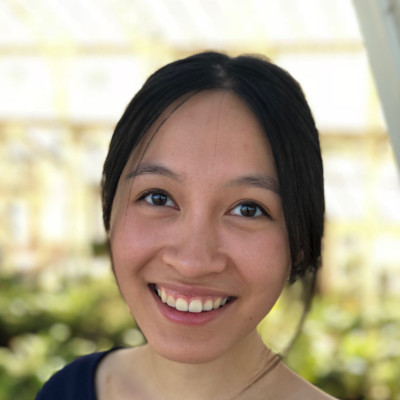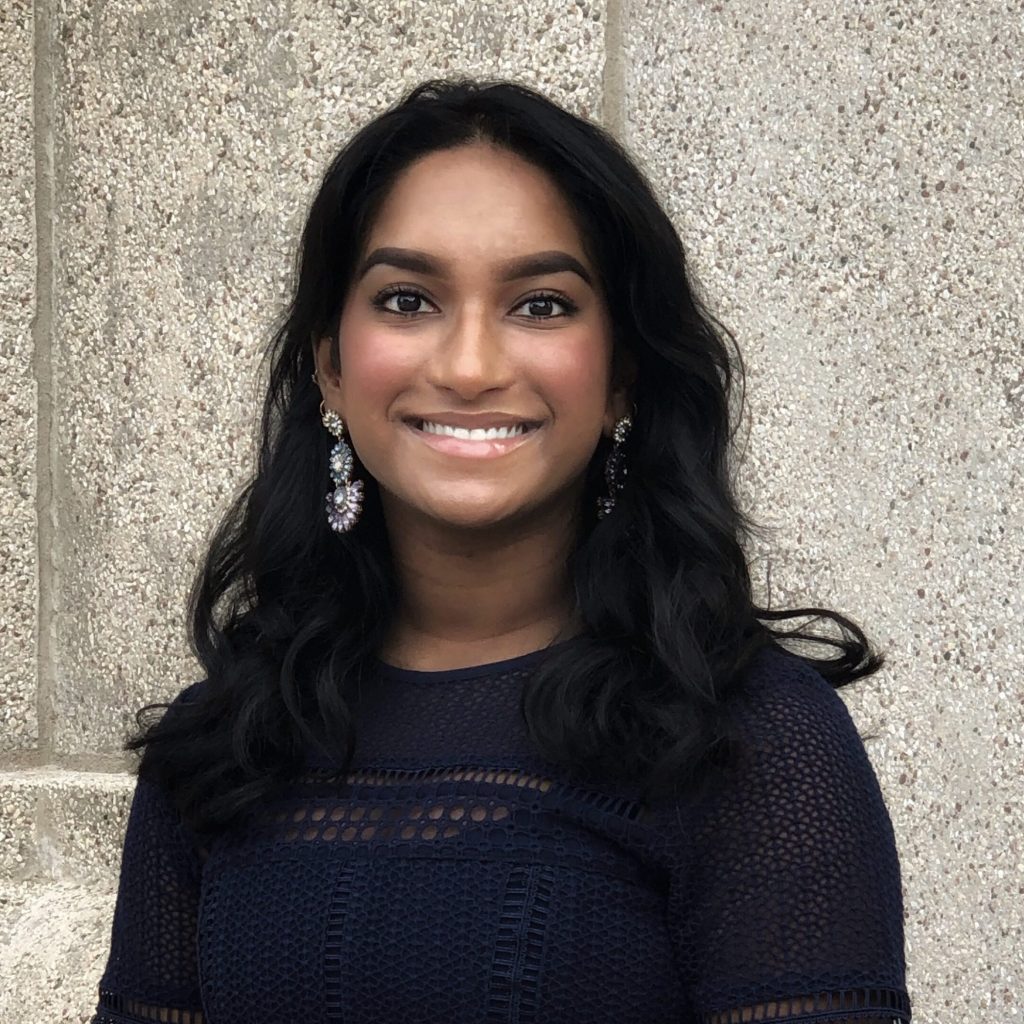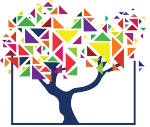By Sanskriti Maheshwari, Design Researcher
This blog post is part of Delving into the Digital Campus, a four-part series in collaboration with the Digital Community & Connectedness Project, aimed at understanding how students find and make connections in digital spaces. Each post is a written reflection from our Design Researchers, sharing how the insights from their project has resonated with them in their own lived experiences.
Ever been told that opposites attract?
Through taking a course on Interpersonal Relationships, I uncovered something quite eye-opening. ‘Opposites attract’ is just a fantastical expression used to keep us invested in the romantic relationships and friendships that play out in front of our TV and movie screens. In reality, I have found that birds of a feather do in fact flock together. For example, in my own life I have observed that most of my closest friends have identical hobbies, personalities, political views, and so on. When meeting new individuals, any differences in interest or personalities can seem more pronounced than they really are. Possibly because a foundation built on a shared purpose hasn’t been established just yet. This is also something I learnt from my experience conducting the Stories from a Distance Sessions and The Digital Community & Connectedness Project.










